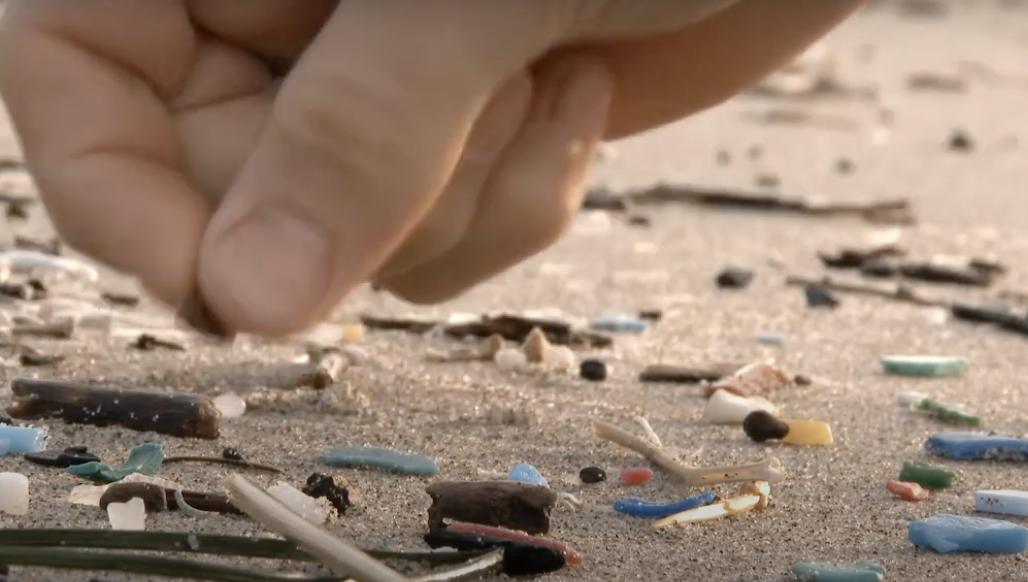Library . Public Results TEACHERS: The Great Big Litter Hunt

Join CONNECT’s Data Collection campaign
Issue
Plastic pollution is a big problem. Plastic objects, like the rubbish that we drop on the ground, break down into tiny bits – microplastics. We know that microplastics in the oceans can harm organisms that live there and there are concerns of their effect on human health.
Action
The Great Big Litter Hunt is a science activity suitable for KS2 and KS3 students that gets them learning about the issues surrounding plastic pollution by collecting plastic waste found outside in the school grounds or local community and recording what they found.
Meet-a-Scientist
Students will also hear from Professor Richard Thompson, who was the first scientist to use the term ‘microplastics’.
His pioneering research provided vital evidence that microplastics exist, and are harmful.
Join the global movement
The activity is ideal to get students outside and exploring their local environment, especially on May 18th 2023 – Outdoor Classroom Day.
This is a global movement to inspire and celebrate outdoor learning and play.
Download the The Great Big Litter Hunt resources
More information for students
See Prof. Thompson’s interview about
What solutions there are to tackle the problem of microplastics
We want to hear from you!
- Please upload your “DATA COLLECTION RESULTS” about what you collected to our Padlet
See the examples provided by others:
https://padlet.com/younggemma123/the-great-big-litter-hunt-jo8fg1b14fql8srs - Get your students reflecting on their views of science in their lives and the wider world by completing this short questionnaire.
https://openeducation.eu.qualtrics.com/jfe/form/SV_4U6qwx0ftvAm67c - We also want to know what teachers think. Please complete this questionnaire.
https://openeducation.eu.qualtrics.com/jfe/form/SV_1LBagNsCG5mI39c